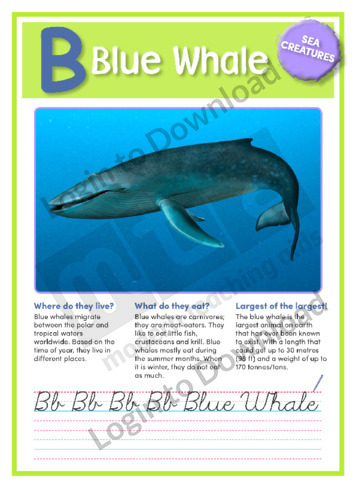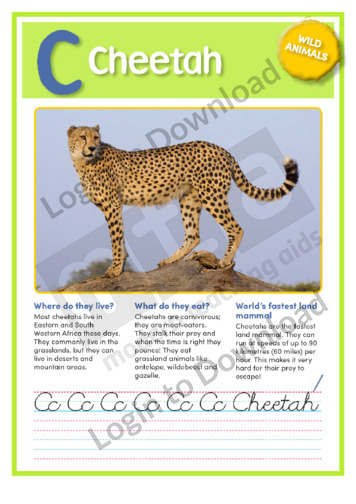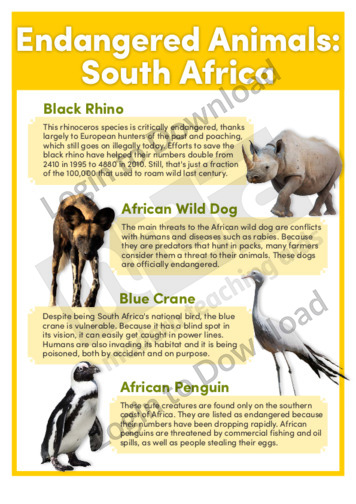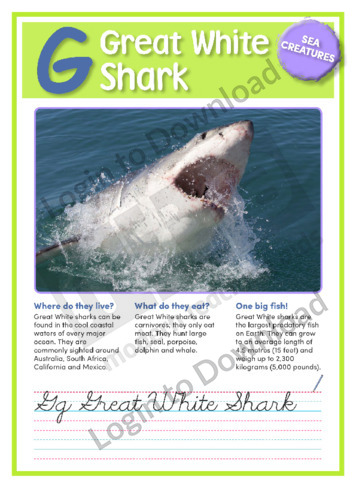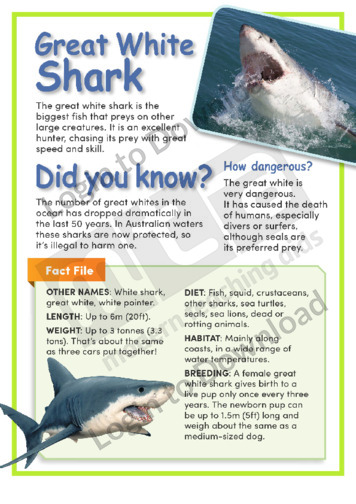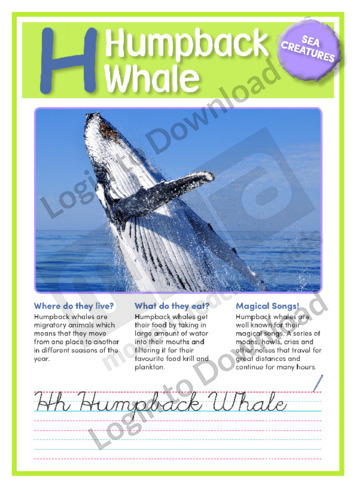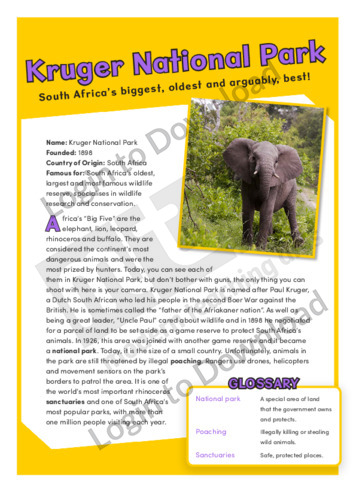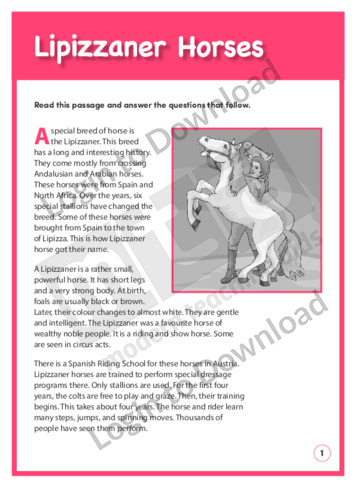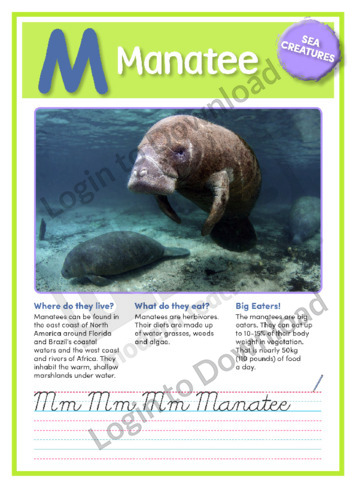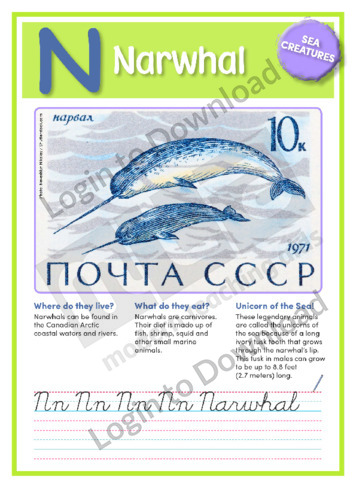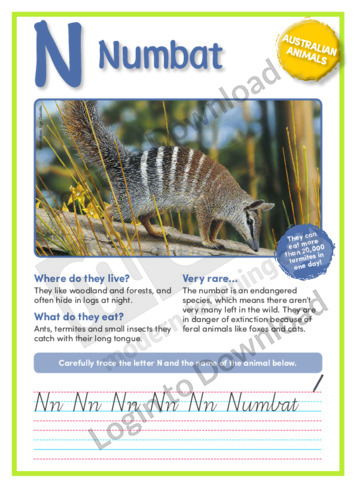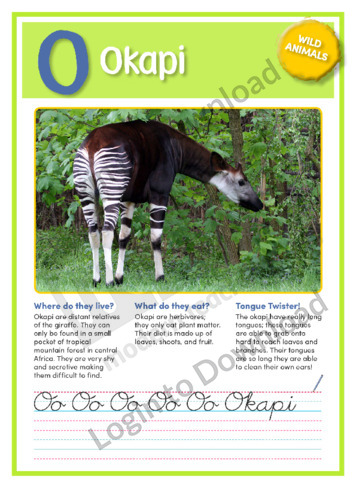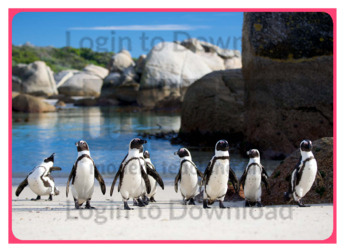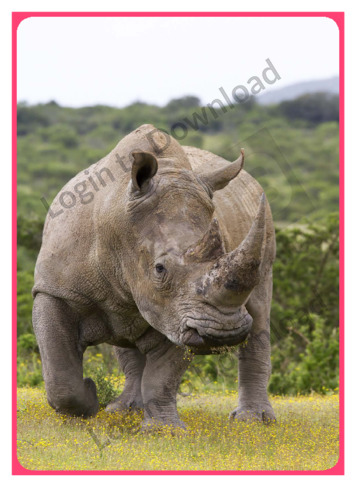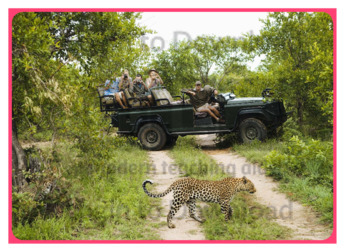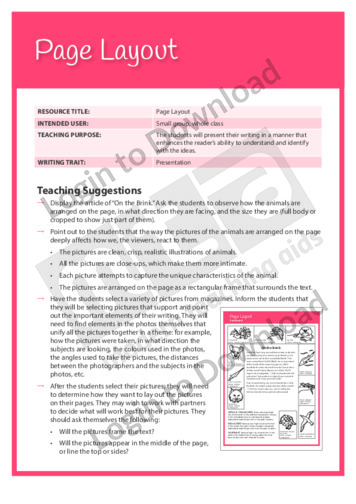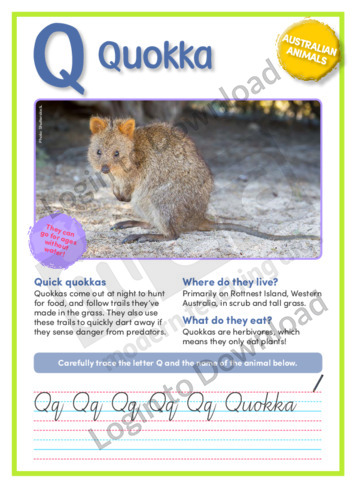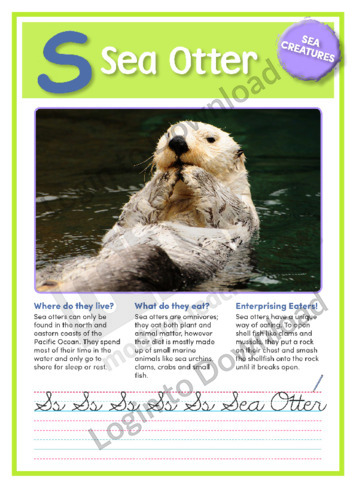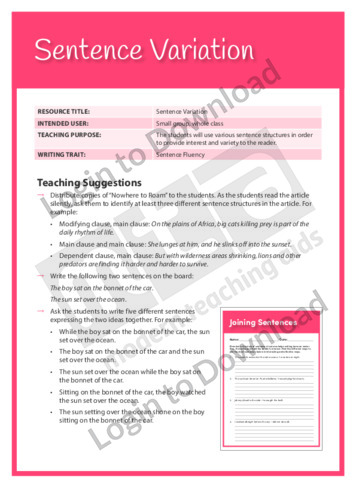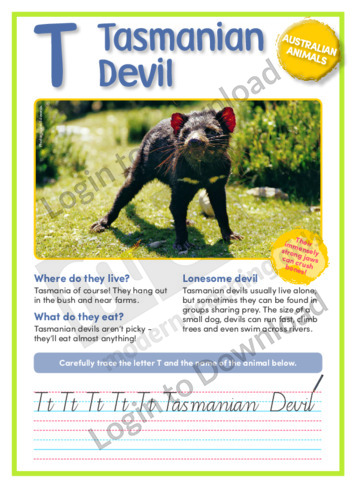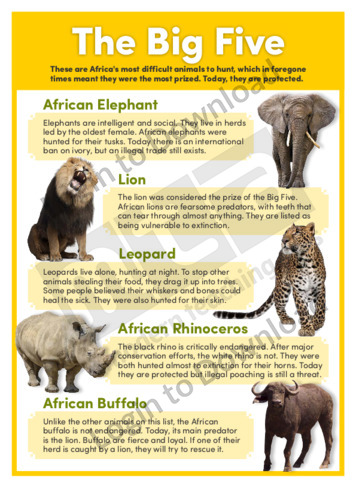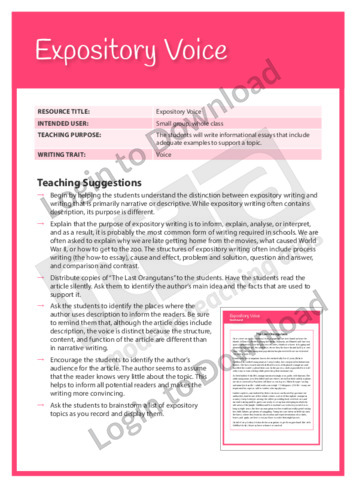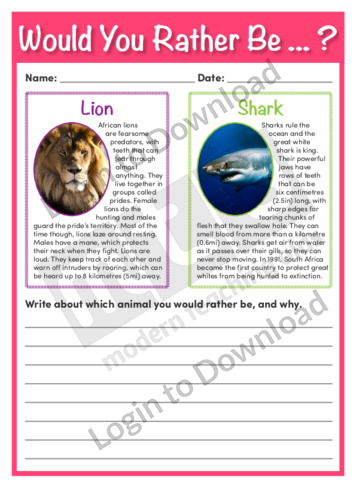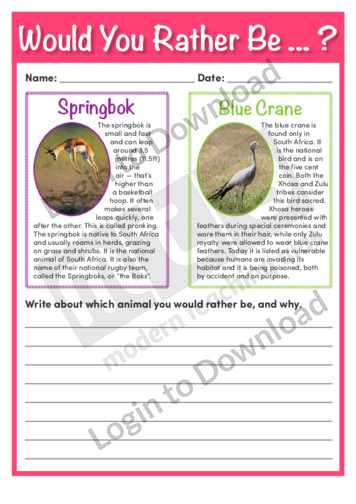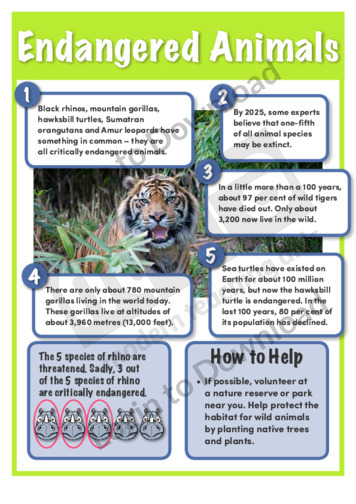This short nonfiction text, ‘B: Blue Whale’ provides factual information about the Blue Whale, exploring where they live, what they eat and other interesting facts.
This short nonfiction text, ‘C: Cheetah’ provides factual information about the Cheetah, exploring where they live, what they eat and other interesting facts.
This history article ‘Endangered Animals: South Africa’ features important factual background information about South Africa’s animals. It identifies the black rhino, African wild dog, blue crane and African penguin as key animals endemic to South Africa, which are under threat today. It is aimed at broadening students’ historical and cultural awareness and could be used …More
This short nonfiction text, ‘G: Great White Shark’ provides factual information about the Great White Shark, exploring where they live, what they eat and other interesting facts.
This article, ‘Great White Shark’ provides information about the size, habitat, life cycle, diet and behaviour of the great white shark. It provides a detailed Fact File of statistics and also displays illustrations and photographs in full colour of the shark’s appearance and behaviour. Includes a map of migration.
This short nonfiction text, ‘H: Humpback Whale’ provides factual information about the Humpback Whale, exploring where they live, what they eat and other interesting facts.
This history article, ‘Kruger National Park’ features South Africa’s oldest, largest and most famous game reserve. It provides factual information about the animals who live there, the park’s founder, Paul Kruger, and current efforts to fight poaching, along with a glossary of unfamiliar words and terms from the text. It is aimed at broadening students’ …More
This analysing text worksheet ‘Lipizzaner Horses’ supports students to use various strategies to understand a narrative text the history of this horse breed. It is aimed at encouraging students to deconstruct the text in order to gain a deeper understanding of its purpose, to recall specific details from the text and to make judgements and …More
This short nonfiction text, ‘M: Manatee’ provides factual information about the Manatee, exploring where they live, what they eat and other interesting facts.
This short nonfiction text, ‘N: Narwhal’ provides factual information about the Narwhal, exploring where they live, what they eat and other interesting facts.
This short nonfiction text, ‘N: Numbat’ provides factual information about the Australian animal the Numbat.
This short nonfiction text, ‘O: Okapi’ provides factual information about the Okapi, exploring where they live, what they eat and other interesting facts.
This oral language photo activity ‘Penguin’, is a great resource for enhancing vocabulary and concept development by providing a thought-provoking visual stimulus that can be used as a prompt to engage students in discussion. These photo activity cards can be used as a stand-alone activity or as a supplement to the topic of South Africa. …More
This oral language photo activity ‘Rhinoceros’, is a great resource for enhancing vocabulary and concept development by providing a thought-provoking visual stimulus that can be used as a prompt to engage students in discussion. These photo activity cards can be used as a stand-alone activity or as a supplement to the topic of South Africa. …More
This oral language photo activity ‘Safari’, is a great resource for enhancing vocabulary and concept development by providing a thought-provoking visual stimulus that can be used as a prompt to engage students in discussion. These photo activity cards can be used as a stand-alone activity or as a supplement to the topic of South Africa. …More
This Writing Traits activity ‘Page Layout’ encourages students to present writing in a manner that enhances the reader’s ability to understand and identify the ideas.
This short nonfiction text, ‘Q: Quokka’ provides factual information about the Australian animal the Quokka.
This short nonfiction text, ‘S: Sea Otter’ provides factual information about the Sea Otter, exploring where they live, what they eat and other interesting facts.
This Writing Traits activity ‘Sentence Variation’ encourages students to use various sentence structures to provide interest and variety.
This short nonfiction text, ‘T: Tasmanian Devil’ provides factual information about the Australian animal the Tasmanian Devil.
This history article ‘The Big Five’ features important factual background information about the five African animals most prized by hunters, and now by safari tourists. It identifies the lion, African elephant, leopard, rhinoceros and African buffalo as the Big Five, and discusses the threats each animal faces today. It is aimed at broadening students’ historical …More
This Writing Traits activity ‘Expository Voice’ encourages students to write informational essays that include adequate examples to support a topic.
This fun and engaging worksheet ‘Lion or Shark’, uses the popular Would You Rather game as a writing prompt for students to consider which of these two South African animals they would rather be and why. It is aimed at broadening students’ awareness of the symbols and icons associated with South African culture and can …More
This fun and engaging worksheet ‘Springbok or Blue Crane’, uses the popular Would You Rather game as a writing prompt for students to consider which of these two South African animals they would rather be and why. It is aimed at broadening students’ awareness of the symbols and icons associated with South African culture and …More
This science article, ‘Endangered Animals’ features five facts about animals that are endangered on planet Earth. It provides factual information, as well as ways to help animals. It is aimed at broadening students’ scientific and environmental awareness.
It�s that easy!

